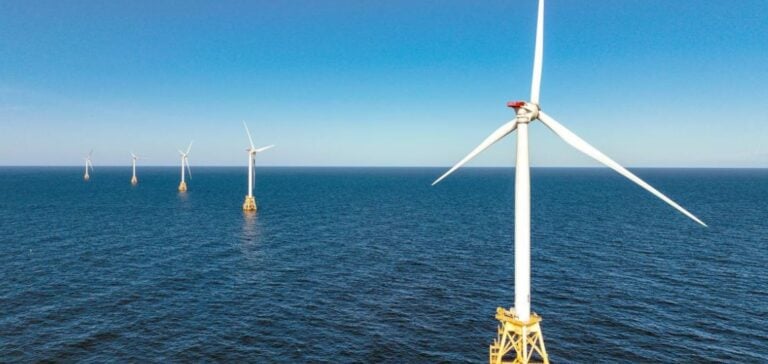The Mareld project, located around 40 kilometers west of Lysekil, is a major initiative of Freja Offshore, a 50/50 joint venture between Mainstream Renewable Power and Swedish company Hexicon. The 2.5 GW offshore wind farm is expected to generate 12 TeraWatt-hours of electricity per year when fully operational. This project is crucial to meeting the growing demand for electricity in western Sweden, which is set to double by 2030 due to the industrial transition to electric power. The proposal by Västra Götaland’s County Administrative Board to approve the Freja Offshore application marks a key step towards the commercial commissioning of Mareld. This recommendation, although subject to certain adaptations, is a positive signal for the region’s energy future.
Adaptations and Environmental Impacts
During the preparation process, the County Administrative Board advised Freja Offshore to reduce the size of the wind farm area to ensure sustainable cohabitation with other important ocean users, such as commercial fishing and shipping. Freja Offshore has accepted these adjustments, ensuring a balance between energy development and local environmental and economic interests. Carl Dandanell, CEO of Freja Offshore, expressed his satisfaction with this recommendation, saying that the team is ready to continue adapting to ensure the best possible outcome for all concerned. The government’s final decision is now eagerly awaited to enable the project to move forward without delay.
Complementary projects and future prospects
In parallel with the Mareld project, Freja Offshore has also submitted permit applications for two other major projects in 2023: the 2.5 GW Dyning floating wind farm on the east coast of Sweden and the 2 GW Cirrus fixed wind farm in southern Sweden. Sweden. These initiatives testify to the company’s commitment to strengthening the country’s offshore wind capacity and making a significant contribution to its renewable energy objectives. The favorable recommendations and adaptations proposed for Mareld show a willingness to reconcile energy needs with the imperatives of protecting the environment and local economic activities. This exemplary approach could serve as a model for other similar projects in Europe and beyond. The government’s final decision on Mareld’s approval is eagerly awaited, and will determine the project’s implementation schedule. If approved, Mareld could play a crucial role in Sweden’s energy transition, providing a substantial amount of clean, renewable electricity to a growing region.






















